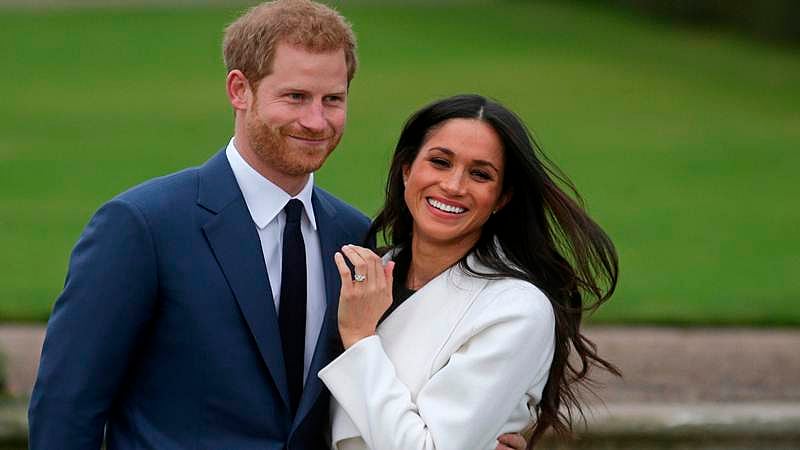Prince Harry and Meghan Markle love being in the public and making statements. And, they do it well. Recently, the couple was seen at the Invictus Games in Vancouver, exuding excitement and warmth. Meghan, the Duchess of Sussex, was all smiles as she attended the event with Prince Harry, and the couple was seen engaging in public displays of affection (PDA).
Walking hand in hand, Harry and Meghan appeared happy and deeply connected. At one moment, they were also spotted kissing and encouraging each other. Their affectionate moments seemed to send a message of love and unity. Megan also delivered a lovely speech as she introduced her husband on the dice. However, rumors of trouble in their marriage and potential divorce made their PDA seem unusual to some. While some saw their affection as a sign of a strong bond, others felt it was deliberate and an attempt to prove their love to the public. This contrast left many wondering: was their PDA genuine, or was it staged?
Adding to the ongoing speculations, former US President Donald Trump recently commented on Prince Harry’s relationship with Meghan. In an interview with the New York Post, when asked about Harry’s visa issues and whether he would be deported from the US, Trump said:
“I don’t want to do that… I’ll leave him alone. He’s got enough problems with his wife. She’s terrible.”
His remark fueled further discussions about the couple’s marriage, with some believing it hinted at deeper issues between them.
Understanding the psychology behind PDA
It is said that an individual’s body language says a lot about their hidden emotions and thoughts. Many believe that couples who engage in excessive PDA are extremely happy in their relationship. However, research suggests that this common belief isn’t always accurate.
A study published in the Journal of Sex Research found that performative affection is common among young people, but it doesn’t always stem from genuine emotional connection.
Reason why couples engage in PDA
Studies suggest that PDA often serves two main purposes. In the early stages of a relationship, PDA helps couples convey their commitment to each other. However, some studies show that this behavior significantly decreases after marriage. On the other hand, Some couples indulge in excessive PDA to compensate for underlying fears or insecurities in their relationship.
While Harry and Meghan’s affectionate moments at the Invictus Games appeared to showcase their happiness, psychology suggests that couples who indulge in too much PDA may not necessarily be as happy as they seem. The debate continues-are they deeply in love, or is their PDA a way of masking something deeper?
